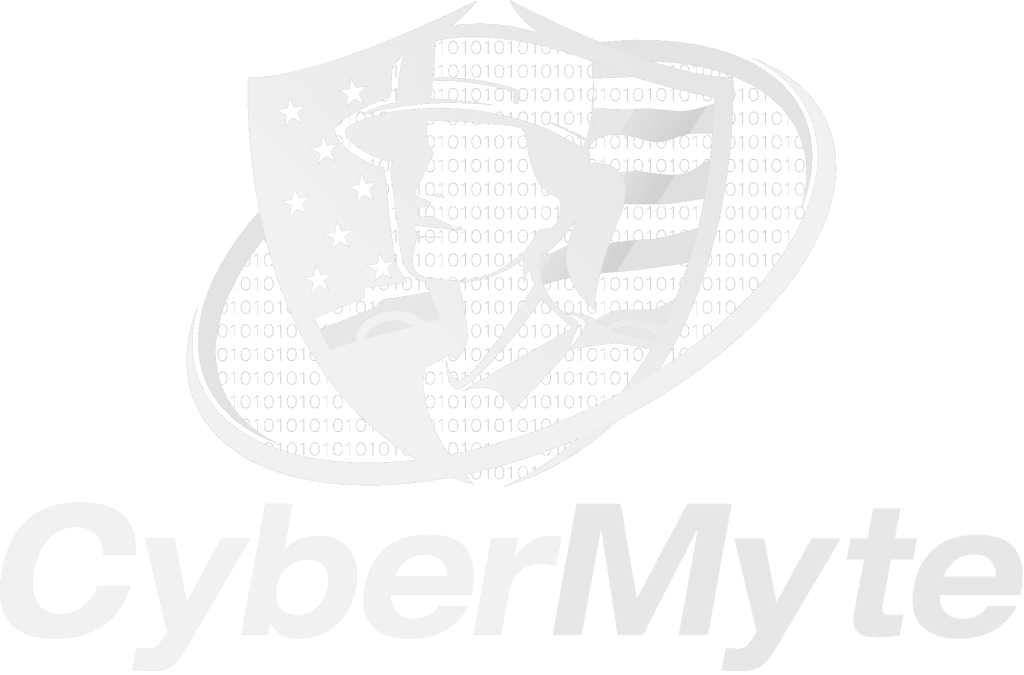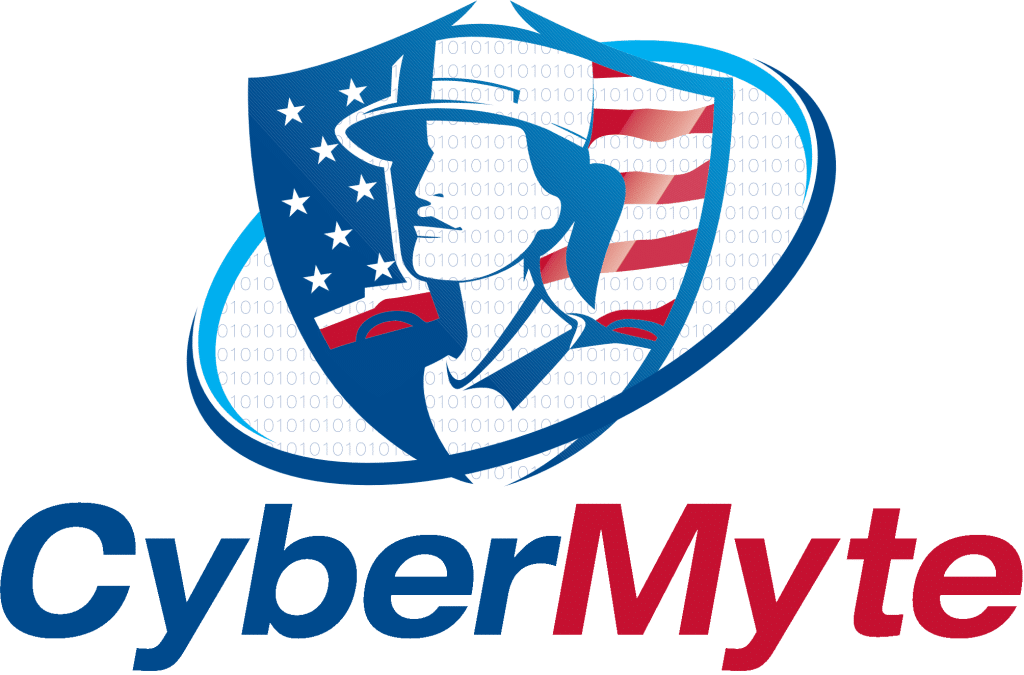Why Federal Contract Compliance Matters for Small Businesses
If your business wants to secure federal contracts, CMMC compliance is no longer optional—it’s a requirement. Government agencies now mandate strict cybersecurity standards, and companies risk losing valuable contracts without proper compliance. Understanding CMMC compliance for federal contracts is essential for small businesses looking to stay competitive and meet security requirements.
Since 2017, regulations like FAR 52.204-21 and DFARS 252.204-7012 have enforced security measures to protect Federal Contract Information (FCI) and Controlled Unclassified Information (CUI). Compliance has become even more critical in 2024, with CMMC (Cybersecurity Maturity Model Certification) now officially recognized under 32 CFR.
To stay eligible for government contracts, businesses must:
✅ Implement 15 essential cybersecurity practices
✅ Submit a self-assessed NIST 800-171 score in SPRS (Supplier Performance Risk System)
✅ Maintain a System Security Plan (SSP) to meet NIST 800-171 and CMMC Level 1
Without proper compliance, businesses risk losing contract opportunities, disqualification, or penalties.
Challenges Small Businesses Face in Federal Contract Compliance
Despite the importance of compliance, many small businesses struggle to meet government security standards. Here’s why:
📌 Lack of Cybersecurity Expertise: Most small businesses don’t have in-house security specialists to navigate compliance requirements.
📌 High Costs of Compliance: Hiring a cybersecurity team or investing in security tools can be expensive.
📌 Misconceptions About Cloud Security: Many assume AWS, Azure, or GCP handle compliance for them—but they don’t.
Failing to address these challenges can result in lost contracts and legal risks. However, there’s a more straightforward solution.
How CyMyCloud Simplifies Federal Contract Compliance
Instead of managing compliance independently, CyMyCloud offers a fully secure, pre-configured cloud environment designed for federal contractors.
What Makes CyMyCloud Different?
✅ Compliance Built-In: Meets CMMC, NIST 800-171, and DFARS 252.204-7012 requirements out of the box.
✅ No Extra Security Tools Needed: Avoid the costs of third-party cybersecurity solutions.
✅ Fast & Easy Setup: Log in and start working—no technical expertise required.
With CyMyCloud, businesses can eliminate compliance worries and focus on winning contracts instead.
Key Steps to Achieve Federal Contract Compliance
1. Understand Your Compliance Requirements
Before applying for federal contracts, identify which security requirements apply to your business:
- FAR 52.204-21: Basic cybersecurity safeguards for contractors handling FCI.
- DFARS 252.204-7012: Strict security measures for Defense contracts.
- CMMC (Cybersecurity Maturity Model Certification): Mandatory verification for handling CUI.
2. Complete Your CMMC Level 2 Self-Assessment or Third-Party Audit
If your business handles Controlled Unclassified Information (CUI), compliance requirements depend on the CUI category your data falls into.
To determine your assessment type, check the CUI Registry (See official list). The Organizational Index Grouping in the first column helps identify whether a self-assessment or a third-party audit is required:
✅ If your CUI falls under categories other than “Defense,” → You can perform a self-assessment and achieve CMMC Level 2 certification.
✅ If your CUI is categorized under “Defens,e” → You must undergo a third-party assessment by a CMMC Third-Party Assessment Organization (C3PAO).
💡 Important: CUI requirements may also flow down from prime contractors to subcontractors. If you receive CUI from a prime contractor, you must ensure your compliance level matches the contractual obligations.
By completing the right CMMC Level 2 assessment type, businesses avoid compliance failures and maintain eligibility for federal contracts.
3. Implement Cybersecurity Best Practices for CMMC Compliance
Achieving CMMC Level 1 or Level 2 compliance requires businesses to follow strict cybersecurity controls, far beyond just basic security measures. The specific requirements depend on your compliance level and contract scope.
CMMC Level 1 (Basic Cyber Hygiene) Requirements
For businesses handling Federal Contract Information (FCI), CMMC Level 1 requires compliance with FAR 52.204-21. This means:
✅ Meeting all 15 FAR security controls
✅ Achieving a NIST 800-171 score of 110
✅ Performing a self-assessment and submitting the score in SPRS
💡 Helpful Resource: Use the DoD CIO website to scope your environment and complete self-assessments.
CMMC Level 2 (Advanced Cyber Hygiene) Requirements
For businesses handling Controlled Unclassified Information (CUI), CMMC Level 2 compliance requires:
✅ Meeting 110 NIST 800-171 controls (which include over 400 assessment objectives)
✅ Determining if a self-assessment or third-party audit is required (Check the CUI Registry)
✅ Using a FedRAMP-authorized or FedRAMP-equivalent cloud environment if cloud services are in scope
Key Steps to Ensure Compliance
1️⃣ Scope Your IT Environment – Identify in-scope systems, networks, and users handling FCI and CUI.
2️⃣ Migrate to a FedRAMP-Authorized or FedRAMP-Equivalent Cloud – Businesses using non-compliant cloud providers cannot meet CMMC requirements.
3️⃣ Implement the Full Set of Required Security Controls—Follow NIST 800-171 guidance to meet all required practices and assessment objectives.
4️⃣ Perform a Self-Assessment or Schedule a Third-Party Audit – Determine whether you need a C3PAO assessment based on your CUI category.
5️⃣ Submit Compliance Documentation – Maintain a System Security Plan (SSP) and submit the required information in SPRS.
Without following these steps, businesses risk non-compliance, contract disqualification, and security breaches.
4. Use a Compliant Cloud Solution Like CyMyCloud
For small businesses, achieving CMMC compliance is not just about IT security—it’s about having the right cloud infrastructure. Many businesses mistakenly assume that using major cloud providers like AWS, Azure, or Google Cloud automatically makes them compliant. That’s not true.
If your cloud environment is not FedRAMP-authorized or FedRAMP-equivalent, you cannot meet CMMC Level 2 compliance.
Why Most Cloud Providers Fail to Meet CMMC Requirements
🚨 Non-FedRAMP Clouds Are a Compliance Risk – If your data is stored in a non-FedRAMP cloud, you cannot meet CMMC L2 and may risk losing your contract eligibility.
🚨 Security Configurations Are Not Pre-Built – AWS, Azure, and GCP require extensive security configurations before meeting compliance requirements.
🚨 Businesses Must Manage Their Security – With major cloud providers, you’re responsible for setting up and managing security controls, which is costly and time-consuming.
💡 That’s where CyMyCloud changes everything.
How Federal Contract Compliance Helps You Win More Contracts
💡 Government agencies prefer vendors that are fully compliant and low-risk.
If your business lacks compliance, you might already be:
❌ Losing out on contract bids due to security risks.
❌ Spending too much time & money trying to manage compliance manually.
❌ At risk of being disqualified in future contract renewals.
By switching to CyMyCloud, you instantly meet compliance requirements—giving you a competitive edge over non-compliant vendors.
💡 Stop overpaying for AWS, Azure, or GCP. Stop struggling with compliance. Win more contracts—easily.
📌 Related Blog: How to Secure CMMC and RMF Compliance for Your Business
📌 Reference: DFARS 252.204-7012 Compliance Guidelines
Take the Next Step: Stay Compliant & Win More Contracts
If you’re tired of cybersecurity compliance being a roadblock to winning federal contracts, CyMyCloud is the solution you need.
📩 Message us today to see how CyMyCloud can simplify compliance and help your business secure more government contracts.

